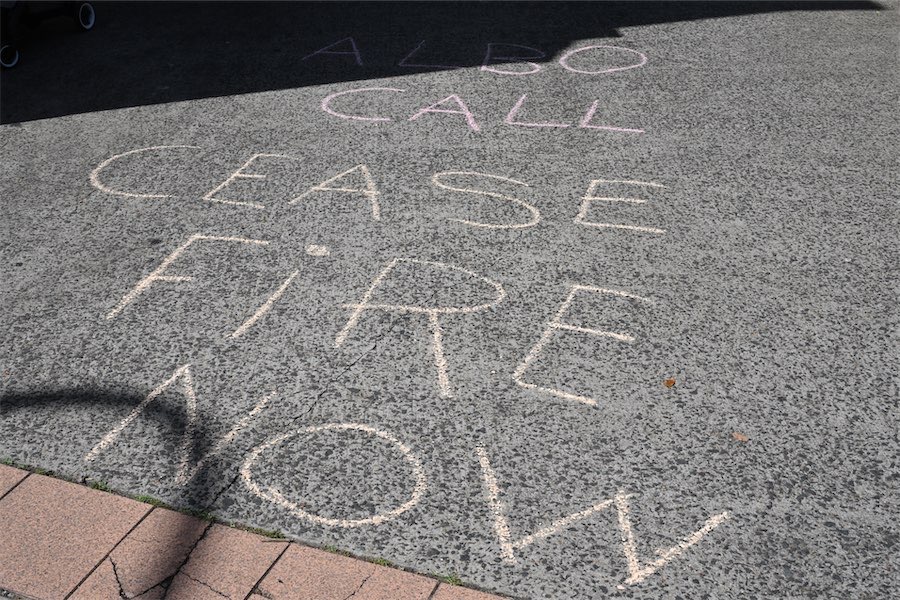
Maliciously publishing the personal details about someone online could lead to seven years in prison under federal laws.
As laws were introduced to parliament to criminalise the practice, also known as doxxing, on Thursday, the Labor government came under fire for watering down a proposal to ban hate speech and vilification.
People found to have doxxed someone will face a maximum of six years in prison, while offenders will get up to seven years behind bars if a person has been targeted due to factors such as race, religion or sexual orientation.
Doxxing refers to revealing a person’s private information such as phone numbers or addresses without their consent and is often used to encourage harassment.
Attorney-General Mark Dreyfus said people who had been doxxed were often subject to significant risks.
“Doxxing exposes victims to significant and enduring harm, including public embarrassment, humiliation, shaming, discrimination, stalking and identify theft and financial fraud,” he told parliament.
“Doxxing is a damaging form of abuse that can affect all Australians but is often used against women in the context of domestic and family violence.”
Under the laws, Australians would also have a new right to sue people or companies for invading their privacy.
A children’s privacy code has been included to specifically protect kids from online harms.
The law won’t cover changing small business exemptions, informal consent so big companies can’t entrap consumers with complicated terms and conditions and the right to forget, which covers revoking access to public information.
But while the government also introduced laws that would create new penalties for hate crimes, organisations have said they did not go far enough to address it.
Penalties of five years in prison will apply to people who use force or violence against a group, while seven years behind bars will apply for threats that would threaten the federal government.
Stronger laws were walked back after negotiations for separate religious freedom and anti-discrimination laws fell over.
The friction point between Labor and the opposition over balancing anti-discrimination carve-outs for religious beliefs – such as being able to sack gay staff – and removing dangerous prejudices has spilled over into hate speech laws.
It is likely to reignite debate over protecting minority communities and tackling anti-Semitism after some Jewish and Muslim groups and the queer community welcomed the initial announcement of anti-vilification laws.
Others have raised concerns about the impact on free speech.
Chief executive of LGBTQI+ organisation Equality Australia Anna Brown said there were no protections against hate speech or serious vilification in the laws.
“LGBTIQ+ communities do not have sufficient protection under the law. For our communities the need for greater protection from hate and vilification is urgent,” she said.
“We want a federal law that protects all of us. The patchwork of laws across the country have crucial gaps and are not fit for purpose.”
Mr Dreyfus said the laws were responding to increasing in hate speech in the community.
“We are sending a clear signal to those who seek to divide us. There is no place in this country for hate speech and other hateful conduct that urges or threatens violence against others,” he said.
“How we protect minority groups, and how we treat those that are different to ourselves, is a measure of our society and a measure of our humanity.”
Who can be trusted?
In a world of spin and confusion, there’s never been a more important time to support independent journalism in Canberra.
If you trust our work online and want to enforce the power of independent voices, I invite you to make a small contribution.
Every dollar of support is invested back into our journalism to help keep citynews.com.au strong and free.
Thank you,
Ian Meikle, editor





Leave a Reply